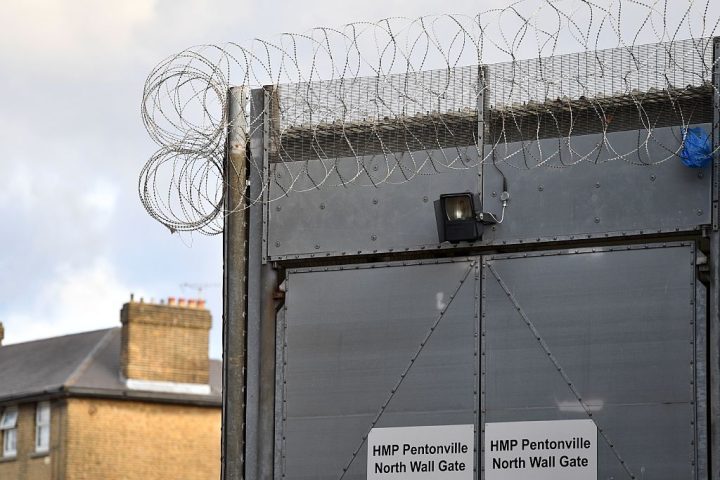What should we do when there’s no cell space left in our disordered jails? The prison population figures published yesterday show a small drop compared to last week, with nearly 87,900 currently incarcerated.
There’s precious little room for manoeuvre. We are perilously close to a time I can remember back in the mid-90s when governors refused to take convicted prisoners from court because there was no cell space left in their establishments.
Already a subscriber? Log in
Subscribe for just $2 a week
Try a month of The Spectator Australia absolutely free and without commitment. Not only that but – if you choose to continue – you’ll pay just $2 a week for your first year.
- Unlimited access to spectator.com.au and app
- The weekly edition on the Spectator Australia app
- Spectator podcasts and newsletters
- Full access to spectator.co.uk
Or




















Comments
Don't miss out
Join the conversation with other Spectator Australia readers. Subscribe to leave a comment.
SUBSCRIBEAlready a subscriber? Log in